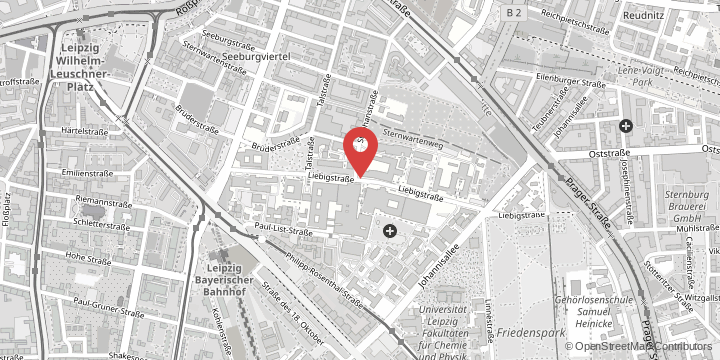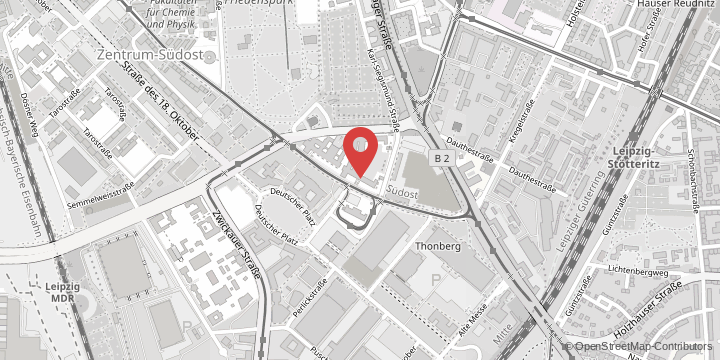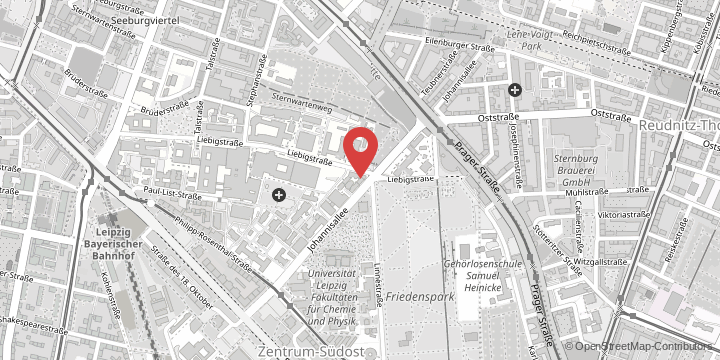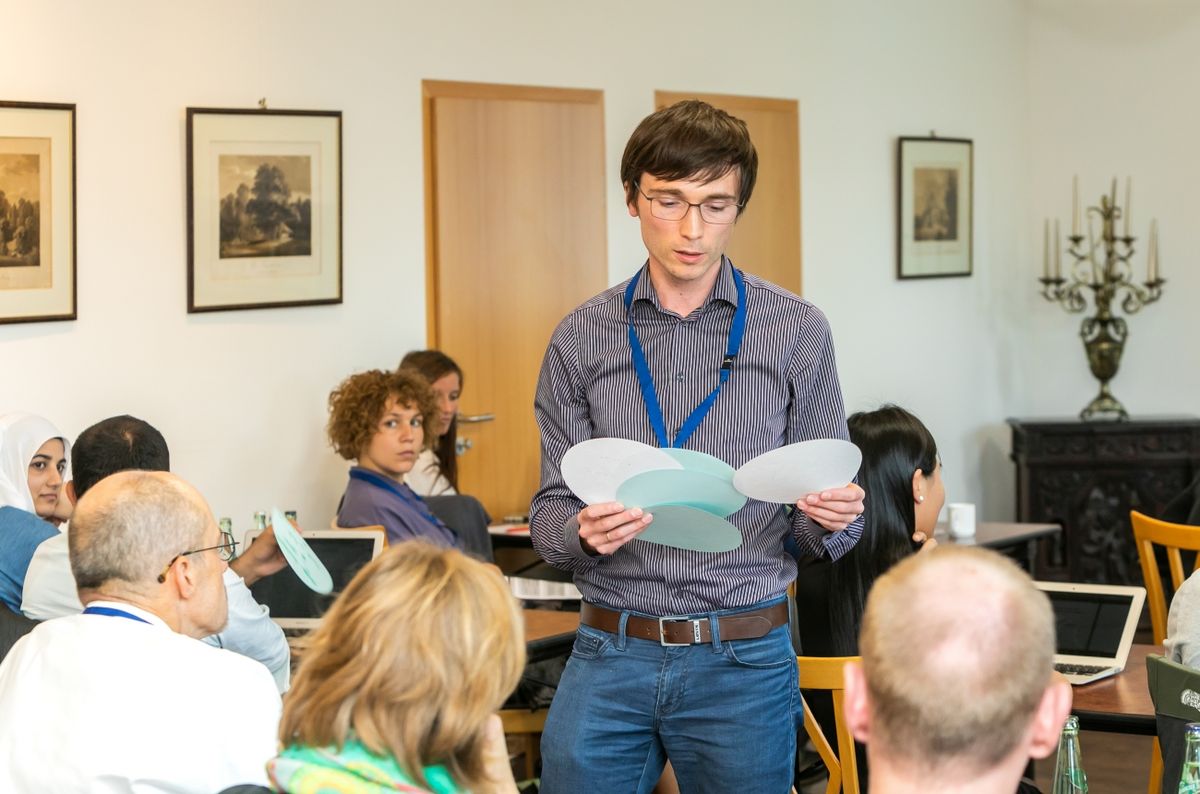Funding
Funding your doctorate
How can I finance my doctorate?
The potential routes to earning a doctorate are as varied as the funding options available for doctoral researchers.There are basically four ways to finance a doctorate:
- admission to a structured doctoral programme at Leipzig University with funding (usually in the form of employment),
- employment at the university,
- a scholarship, e.g. from the Federal Ministry of Education and Research (BMBF),
- or self-financing, e.g. through a part-time job outside the university.
Funding your doctorate should be considered early on. The type of funding you need will depend on your personal circumstances and long-term career goals. As a general rule, you should aim for continuous funding for at least three years. If you have any questions about funding, please talk to your supervisor to find out which type of funding is most appropriate for you. You can also contact the Graduate Academy Leipzig, the Council of PhD Candidates (ProRat) or the Department 2: Academic Administration.
Find a Job to Finance Your Doctorate
Doctoral candidates can be employed at Leipzig University or at other institutions. Employment is possible either in connection with the doctoral project or independently of it. In most cases, you will be employed as a graduate assistant (the German abbreviation is WHK) or as a research assistant. It is important to note the differences in pay structure between these two types of employment. Unlike scholarships, employment is a means of accumulating social security entitlements. However, if a person is employed in connection with their own qualification, then certain rules apply to fixed-term employment under the German Act on Fixed-Term Employment Contracts in Academia (WissZeitVG).
Find a Doctoral Scholarship
Leipzig University, the Free State of Saxony and numerous organisations for the promotion of young talent all award scholarships to doctoral researchers. Most applicants need to demonstrate an above-average degree and pass a formal selection process. This usually begins with a project outline, which is often reviewed by two professors. The application procedure takes at least six months. The advantage of a fellowship is that you are not employed, so you can dedicate all your time to writing your dissertation. The disadvantages are that you are not subject to social security contributions and that the fellowship will be credited to the postdoc if it is shown that you have saved time for your doctorate (Law Restricting the Time Limitation of
Employment Contracts for Academic Staff).
The German Academic Exchange Service (DAAD) and many foundations offer doctoral scholarships. You can find 13 German organisations for the promotion of young talent that present their scholarships on the website Stipendiumplus.
The following scholarships are awarded by Leipzig University and the Free State of Saxony:
































































